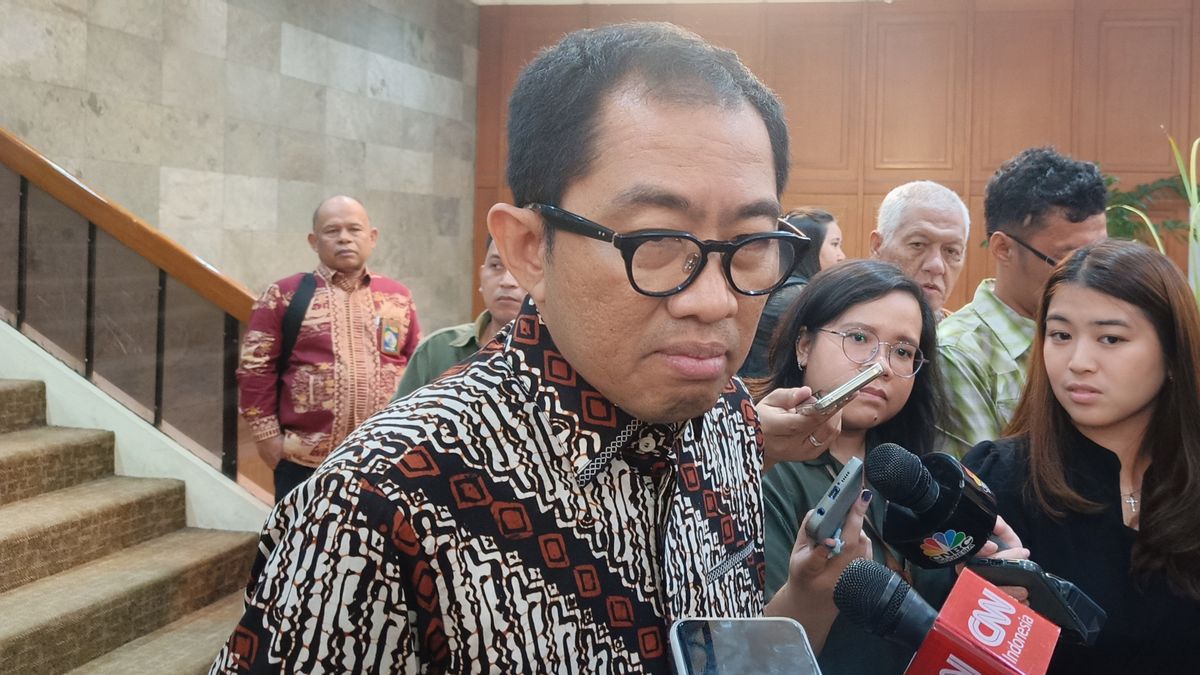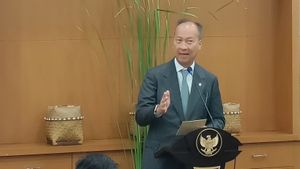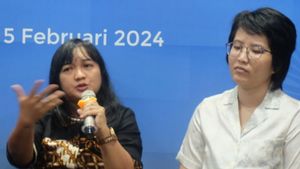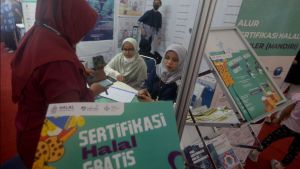The Ministry of Industry (Kemenperin) has responded to news regarding the condition of the textile and textile product (TPT) industry which is said to be facing a storm of layoffs (PHK) until the end of 2024.
Deputy Minister of Industry (Wamenperin) Faisol Riza said his party would make a special policy as a form of protection for the TPT industry. Even so, Faisol has not been able to provide the new policy in question.
"We are very concerned because especially our textiles are under pressure, God willing, in the near future the Ministry of Industry will take a stand for the textile industry," said Faisol at the Ministry of Industry's office, written Wednesday, October 23.
In general, Faisol sees the current condition of the manufacturing industry as experiencing a contraction as reflected in the Purchasing Managers' Index (PMI) of Indonesian manufacturing. For this reason, the industry needs a stimulus to be excited again so that it can contribute to the growth of the national economy.
Therefore, he will propose to the Ministry of Finance (Kemenkeu) to provide incentives for business actors in order to reduce the burden of production costs and enlarge the market.
"We see it because what is certain is that the President (Prabowo Subianto) wants a fast uncertain situation (this is a solution). So, we must take a quick stance, hopefully this year (there will be incentives)," he said.
Based on VOI records, Executive Director of the Indonesian Textile Association (API) Danang Girindrawardana said the number of employees who had been laid off for the past three years was almost 200,000 and in the past month nearly 30,000 people were dismissed.
SEE ALSO:
"The government, representatives of the people and interested parties should be aware of this reality, so that they can jointly find solutions so that the domestic textile and garment industry can be helped to rise," said Danang, Monday, September 9.
According to Danang, there are several things that make the domestic textile and garment industry in difficult positions. First, because of the tight competition between textile producing countries. In this context, the Indonesian textile industry lost to competing with China, Bangladesh and Vietnam.
Second, the entry of textile products from foreign countries is so heavy, both new goods and used clothes, aka threatening. Third, the government is half-hearted in helping and protecting the domestic textile industry.
"I see that the state is still half-hearted in protecting domestic textile industry players. Efforts exist, but the realization is not optimal. In the end, the results are also not good. Illegal importers are not dealt with firmly," he said.
The English, Chinese, Japanese, Arabic, and French versions are automatically generated by the AI. So there may still be inaccuracies in translating, please always see Indonesian as our main language. (system supported by DigitalSiber.id)
















